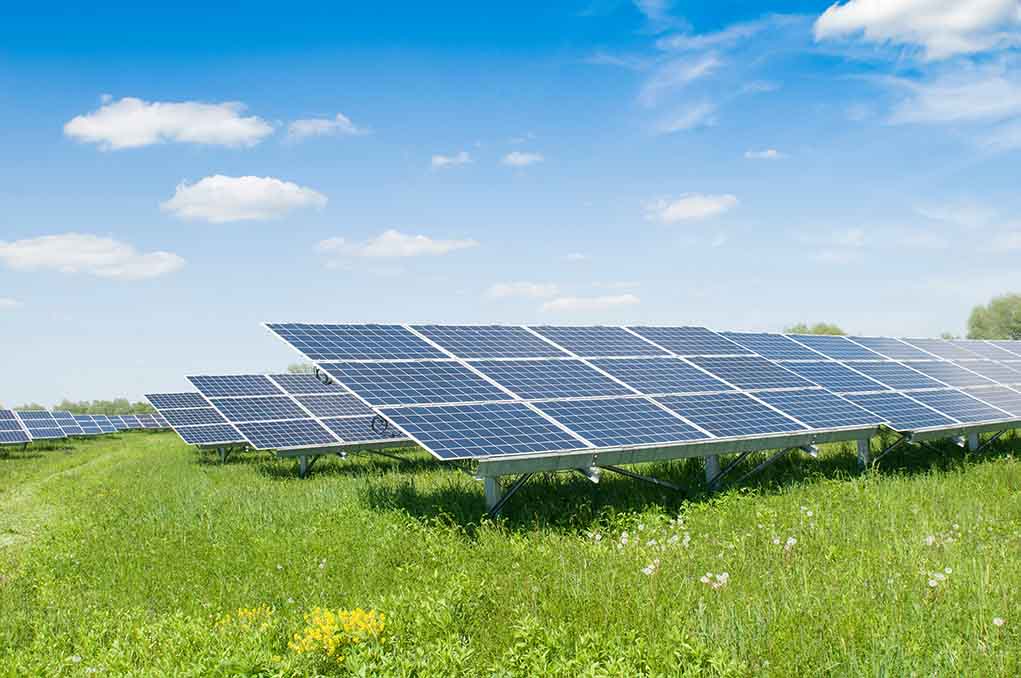
Chinese Communist Party operatives are funneling millions into U.S. green energy initiatives, threatening national security and energy independence while advancing Beijing’s strategic interests.
Key Takeaways
- Energy Foundation China, led by former CCP official Zou Ji, has channeled millions to U.S. universities and left-wing groups to promote green energy policies that benefit China.
- The foundation provided $630,000 in grants to prestigious American universities in 2023 alone, plus $1.5 million to climate nonprofits like the Rocky Mountain Institute.
- Security experts warn these activities are designed to undermine American energy independence and increase U.S. reliance on Chinese green technology supply chains.
- The organization reported $84.5 million in revenue in 2023, mostly from anonymous sources, raising serious concerns about foreign influence operations masked as environmental advocacy.
- National security experts are calling on President Trump’s administration to investigate the foundation’s exploitation of U.S. tax laws to advance CCP interests.
Chinese Communist Party’s Green Energy Trojan Horse
A San Francisco-based nonprofit with direct ties to the Chinese Communist Party has emerged as a major player in America’s green energy movement, raising serious national security concerns. Energy Foundation China (EFC), which reported $84.5 million in revenue in 2023, has been systematically funding U.S. universities and environmental organizations to promote climate policies that appear environmentally motivated but actually advance Chinese strategic interests. The organization operates primarily from Beijing and is led by Zou Ji, a former Chinese government official who played a significant role in developing China’s climate change strategy before taking control of this influential foundation.
A comprehensive report published by State Armor, an organization dedicated to exposing China-related security threats, has detailed how this operation functions. The investigation reveals a sophisticated strategy to influence American energy policy under the guise of environmental protection. The foundation’s activities appear designed to accelerate the United States’ transition away from fossil fuels while ensuring China maintains its dominance in green technology manufacturing and critical mineral supply chains, effectively creating a dependency relationship that benefits Beijing at America’s expense.
“A new report warned that a San Francisco-based organization with significant ties to the Chinese Communist Party (CCP) is promoting climate policies that benefit the Chinese regime while undermining American energy independence,” said State Armor.
Following the Money: Millions Flowing to American Institutions
The financial scale of this operation is substantial. In 2023 alone, Energy Foundation China provided $630,000 in grants to prestigious American educational institutions, including Harvard College, UC Berkeley, UCLA, and the University of Maryland. These grants were ostensibly for clean energy research and education, creating a veneer of academic legitimacy for policies that ultimately serve Chinese interests. The foundation’s strategic targeting of influential universities helps shape the thinking of future policymakers and energy experts while building credibility for their preferred policy approaches.
“The Energy Foundation’s direct ties to the CCP are incredibly alarming, as they’ve spent millions to push for radical climate initiatives that favor China and harm American energy production,” said Caitlin Sutherland.
Even more concerning, the foundation distributed an additional $1.5 million to influential left-wing climate organizations, including the Rocky Mountain Institute and the Natural Resources Defense Council. These groups actively advocate for aggressive green energy policies in the United States that would reduce domestic fossil fuel production and increase reliance on renewable technologies—a sector where China maintains overwhelming manufacturing dominance. The foundation’s grant-making creates a powerful network of American voices unwittingly advancing Chinese strategic interests while believing they are simply promoting environmental protection.
National Security Implications and Calls for Action
The Energy Foundation’s complex organizational structure raises additional red flags. Originally founded in San Francisco, the organization split into two entities in 2020, with Energy Foundation China retaining the original tax identification number. This arrangement allows a Beijing-based organization staffed with CCP-connected individuals to operate under the protection of U.S. nonprofit laws while channeling funds from anonymous donors. The foundation reported $55.9 million in grants in 2023, with the majority going to Asian organizations, revealing the true geographic focus of its mission despite its American legal status.
“The entanglement of this foundation with former Chinese Communist Party government officials, and its active engagement of U.S. academic institutions and other NGOs, is gravely troubling when it comes to our national security, foreign policy and energy policy, and how they may be compromised or undermined,” said Joseph Cella.
National security experts are now calling for President Trump’s administration and Congress to conduct a thorough review of the foundation’s activities. The exploitation of U.S. tax laws to advance foreign interests represents a significant vulnerability in America’s regulatory framework. If left unchecked, this influence operation threatens to undermine American energy independence just as our nation has achieved fossil fuel self-sufficiency. The green energy transition must be managed with American interests at the forefront, not dictated by foreign influence operations masquerading as environmental advocacy.
“Energy Foundation China’s grant-making, overseen by the Chinese Communist Party, is a clear example of how foreign influence infiltrates U.S. energy policy under the guise of environmental stewardship,” said Jason Isaac.











